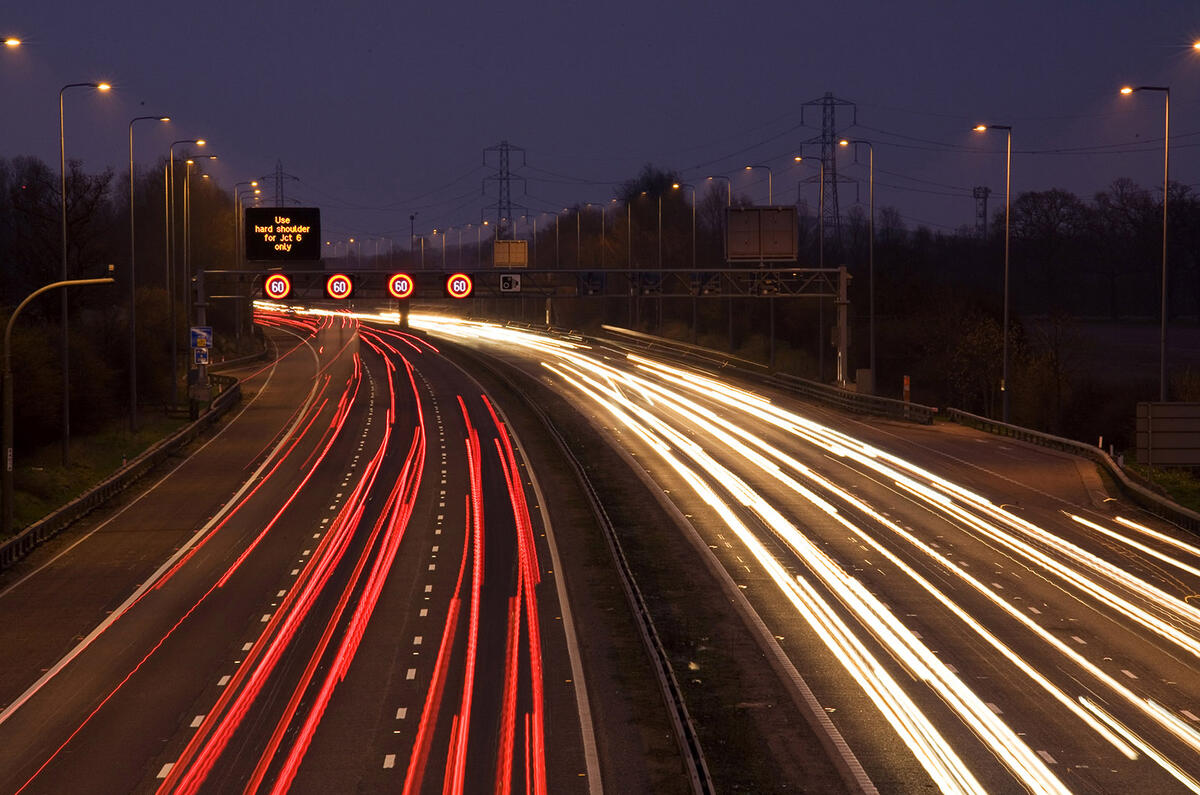Motorway ‘all lane running’ schemes that open the hard shoulder to moving traffic have been subject to heavy criticism from the Transport Select Committee.
At the top of the committee’s list of concerns is the safety of motorists who break down and would normally use the hard shoulder as a refuge from motorway traffic.
The committee views the scheme as a cost-cutting measure, but says: “The Department for Transport (DfT) should not proceed with a major motorway programme on the basis of cost savings while major safety concerns continue to exist.”
The Department for Transport is to be abolished, read more here
As part of the ‘smart motorways’ upgrade, the aim of the scheme is to reduce congestion on the increasingly strained road network, by providing a fourth lane in place of the hard shoulder.
Criticisms were also raised about other effects of the plans, with MPs asking where emergency vehicles would go when congestion would otherwise prevent them from getting through.
The committee, which is made up of 11 MPs, from the Labour, Conservative, and Scottish National Parties, reacted strongly to the proposals, describing it as “perverse for the DfT to continually lower the standard of the smart motorway specification, while presenting such changes as a logical next step.”
During the committee’s research, the AA also conducted a survey that found 59% of motorists would be nervous about driving on a motorway without a hard shoulder, and 85% thought hard shoulders helped to make motorways safe.
All lane running schemes are planned to be introduced on around 300 miles of UK motorways, on which the hard shoulder would be permanently converted into a live traffic lane.
The RAC has also responded to the DfT’s proposals, with chief engineer David Bizley saying: "Motorways are our safest roads but, because of the speeds at which vehicles travel on them, the consequences of an accident can be severe in terms of loss of life and serious injury.
"We need the extra capacity that smart motorways will deliver, but we must not put the safety of our motorways at risk by allowing insufficient time to prove the safety of new designs.”






Join the debate
Add your comment
Madness.
Phil R in theory that's great
@Deputy, better still, amend that slightly:
270
You MUST NOT stop on the carriageway, hard shoulder, slip road, central reservation or verge except in an emergency, or when told to do so by the police, HA traffic officers in uniform, an emergency sign or by flashing red light signals. Do not stop on the hard shoulder to either make or receive mobile phone calls.
Laws MT(E&W)R regs 5A, 7, 9, 10 & 16,MT(S)R regs 6(1), 8, 9 & 14, PRA 2002 sect 41 & sched 5(8), & RTA 1988 sects 35 & 163 as amended by TMA 2004, sect 6